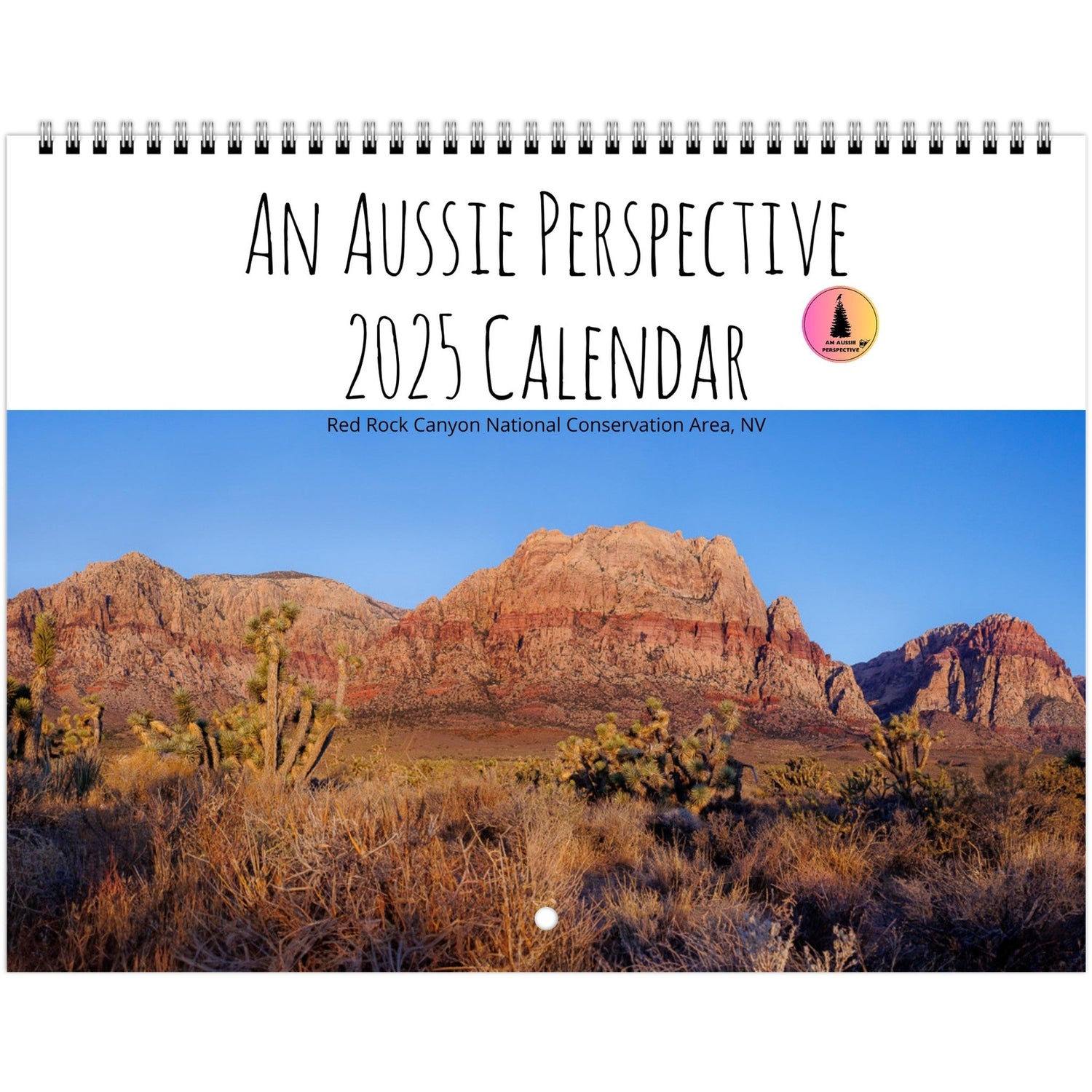You may wonder why people study birds or even why they like birds. I like birds because I really enjoy watching animal behaviour - especially when they don't know I am there. Birds can be beautiful, curious, comical and ferocious. What I learned later in life is that birds are important for ecological, environmental and cultural reasons.

Check it out:
Biodiversity: Birds are a diverse group of species found in nearly every type of habitat on Earth. Their presence contributes to the overall biodiversity of ecosystems and helps maintain the stability and resilience of those ecosystems. Some bird species are sources of genetic diversity that can be important for future breeding programs, especially in agriculture.
Ecological Balance & Pest Control: Birds, such as swallows, help control insect populations by consuming vast quantities of insects, which can help protect crops and reduce the spread of insect-borne diseases. Many bird species feed on pests, such as rodents and insects, helping to control populations that can be harmful to agriculture and human health. Some birds, like vultures, play a vital role in cleaning up carrion and preventing the spread of disease by consuming dead animals.

Pollination & Ecosystem Services: Some birds, such as hummingbirds, transfer pollen from one flower to another. This facilitates the reproduction of many plant species including those that humans eat. Birds also distribute seeds and spores of plants & fungi that they eat. This process contributes to the regeneration and diversity of plant species in various ecosystems. Birds contribute to various ecosystem services, such as nutrient cycling (helpful for reefs) and soil aeration. These services are essential for the overall health and functioning of ecosystems.

Cultural & Tourism: Birds have inspired art, literature, and culture throughout human history. We like them because of their beauty and the diversity of their songs. They can also play important roles in cultural and religious practices in many societies. Birdwatching is a popular recreational activity, attracting millions of people worldwide. This hobby generates economic benefits through birding-related tourism, which can contribute to local economies.

Education/Research & Indicator Species: Birds are often used as indicators of environmental health. Changes in bird populations can signal shifts in the health of ecosystems, the presence of pollution, and the impact of climate change. Birds provide valuable opportunities for scientific research and environmental education. Studying birds can also lead to a better understanding of ecological processes, migration patterns, and the impacts of climate change. Bird data can contribute to the decision process when: conservation planning; considering land for protection; or crafting an easement etc.
As you can see, birds are essential components of ecosystems, and their presence and activities have far-reaching impacts on the environment, agriculture, human culture, and scientific knowledge. Their conservation is crucial for the health and stability of the natural world. When bird species are lost, their particular functions and benefits disappear, too and introduced species can’t easily replace the critical roles of native ones. Don't you think it's time to channel your inner old man by getting out there and not only bird watching, but bird appreciating?

I would like to acknowledge the following sources of information:
National Audubon Society
Birdlife International
The Cornell Lab
OpenAI


댓글 2개
Well done and so important to understand the importance of birds(and bees).
Great info on our winged friends! Thank you.